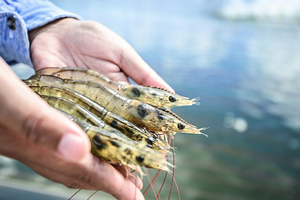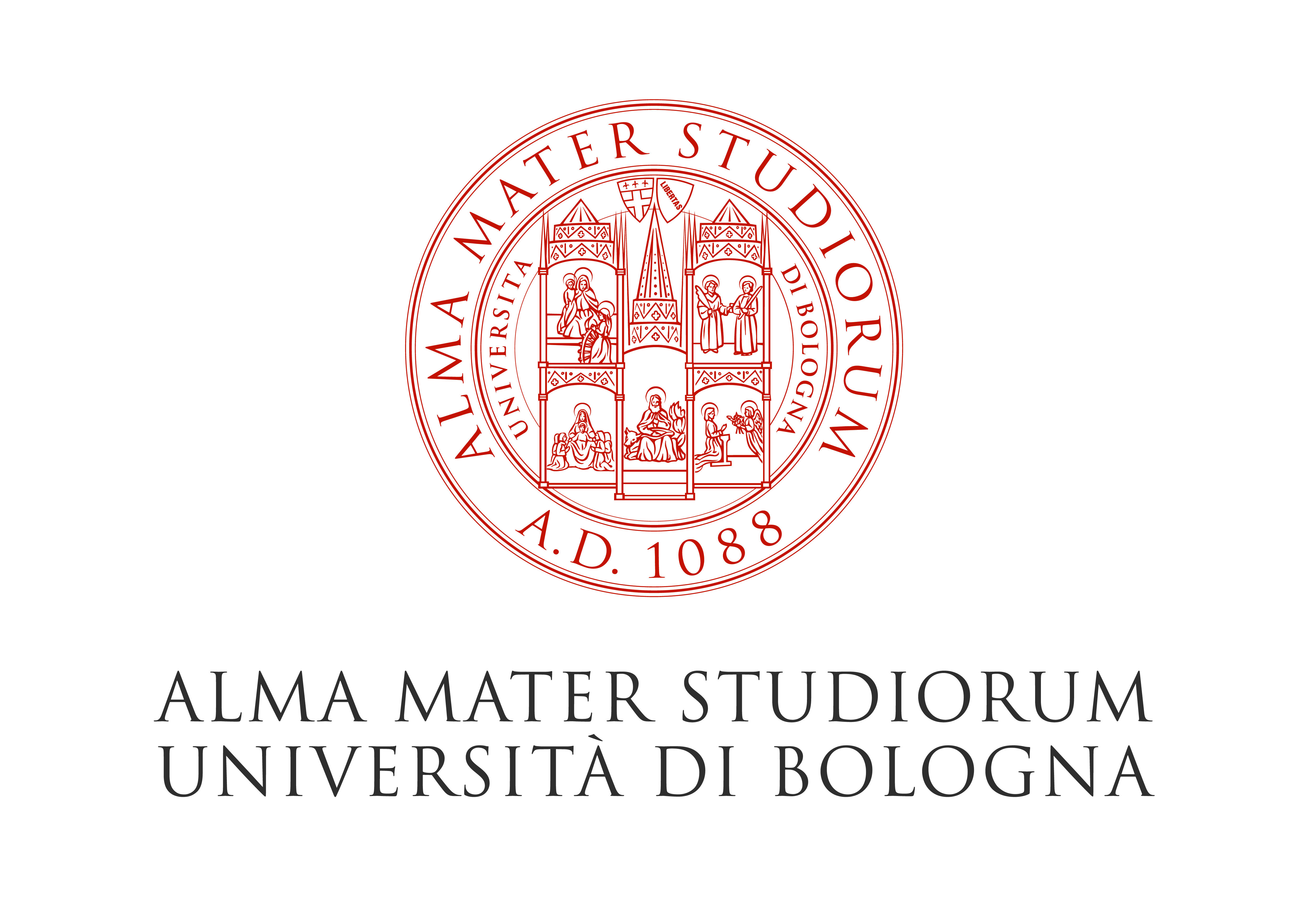URBACLIM.
Supported by the AgroParisTech Agricultural, Forestry, Water and Environmental Sciences and Engineering Department and set up in partnership with KIC Climate, the first public-private innovation partnership at European level focused on change the Urban Agriculture - Climate Benefits Compared with Conventional Food Chains (URBACLIM) project aims to quantitatively assess the contribution of urban agriculture projects to the fight against climate change.
The development of agriculture in the "Global North" cities has exploded in recent years: both low-tech and high-tech projects have emerged on our streets, benefiting from renewed consumer interest in the proximity and production methods of their food products.
A great many environmental benefits are lent to these projects, among which: creation of new ecological niches, reduction of heat islands but also and especially reduction of "food miles" by the relocation of the production to the nearest of the consumers.
Urban farms would therefore have a real potential to reduce the impacts on climate change compared to traditional value chains, especially for imported products. The CIPUrA project (Climate Innovation Potential: Urban Agriculture) carried out in 2016, in partnership with Suez Consulting, however, identified large gaps in terms of quantitative data on these environmental benefits.
This is why, in collaboration with KIC Climat and the University of Bologna (UNIBO), the URBACLIM project, coordinated by AgroParisTech and led by Benoit Gabrielle and Christine Aubry, aims to build an environmental assessment tool adapted to urban agriculture and usable by project promoters wishing to improve their production processes.
The tool will be built in a first step around the evaluation of two models chosen for their potential of substitution to import products, thanks to the proposals of two partners:
- Agriloops, a start-up based in Rennes developing a brackish water aquaponics system combining shrimp farming and vegetable production.
- La Boite à Champignons, Ile-de-France company producing oyster mushrooms on bagged coffee grounds.
This collaboration with private sector players will make it possible, on the one hand, to identify points of environmental vigilance on urban agricultural reference projects and, on the other hand, to build a simple and accessible tool that can be used by project developers.
This tool will then be offered to the members of the French Association of Professional Urban Agriculture (AFAUP) so that they can test it and help improve it.
The data thus created will enable both urban farmers to make their projects more sustainable and decision-makers to better understand, from the point of view of environmental and climatic impacts, the projects proposed to them.


